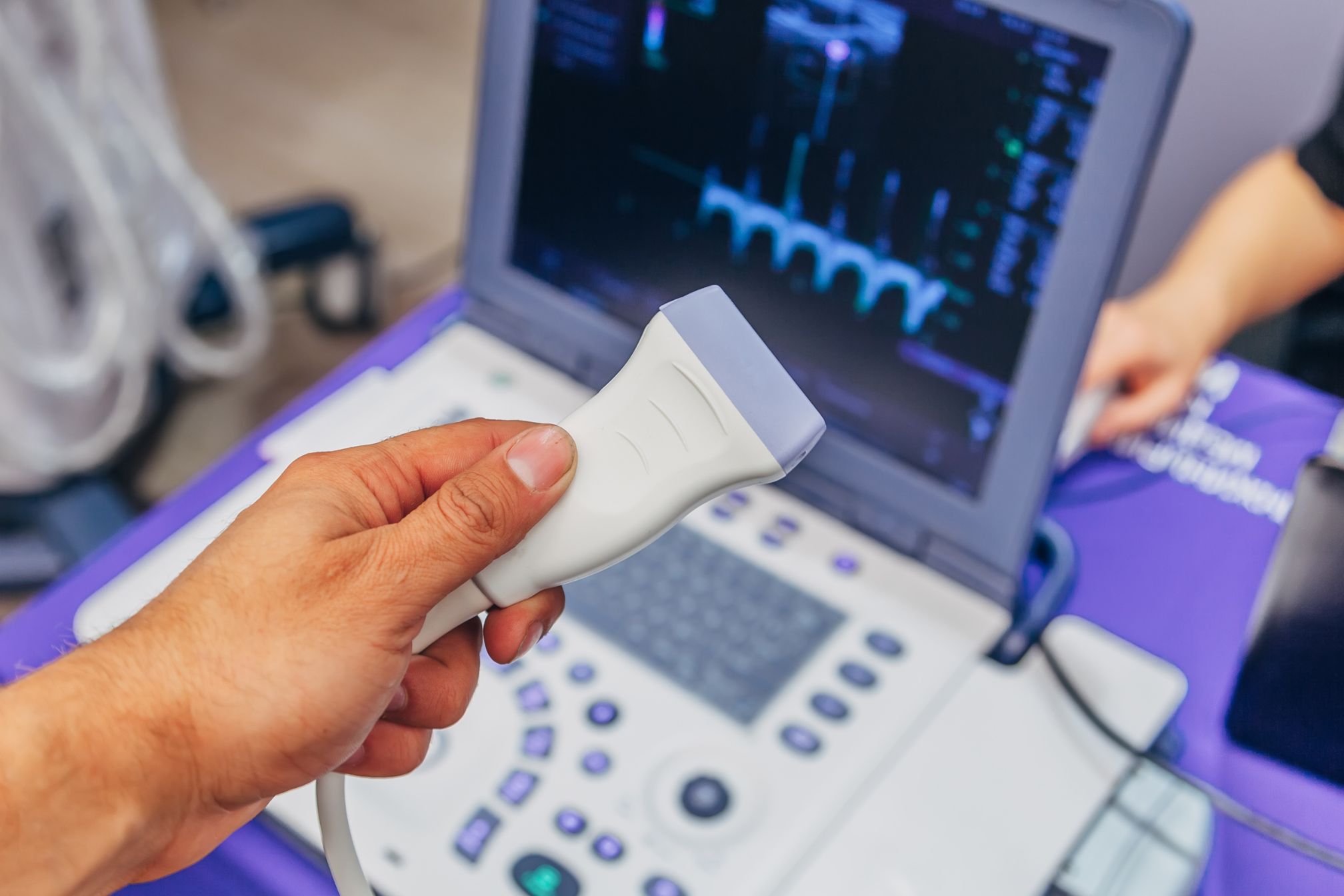Artificial Intelligence (AI) has been a transformative force across numerous sectors, including healthcare, where its applications have brought significant advancements, particularly in diagnostics and patient care. One area that has benefited immensely from AI integration is breast ultrasound imaging. This integration is revolutionizing how radiologists, oncologists, and healthcare providers approach the detection, diagnosis, and treatment of breast cancer.
The Role of Ultrasound in Breast Imaging
Breast ultrasound is a non-invasive diagnostic tool used alongside mammography to help detect breast cancer, especially in women with dense breast tissue where mammograms may not be as effective. Ultrasounds work by using sound waves to produce images of the breast tissue, aiding in the identification of abnormalities or changes. However, interpreting these images can be challenging and subjective, depending on the radiologist’s experience.
The Advent of AI in Breast Ultrasound
The incorporation of AI and machine learning algorithms into breast ultrasound has been a game-changer, enhancing the accuracy, efficiency, and reliability of breast cancer detection and diagnosis.
Improved Detection and Diagnosis
AI algorithms can analyze ultrasound images with a degree of precision that surpasses human capabilities in some cases. These algorithms are trained using thousands of ultrasound images, learning to detect subtle patterns and anomalies that might indicate the presence of a tumor, even in its early stages. This capability not only improves detection rates but also reduces the chances of false positives and negatives, thereby improving the diagnostic accuracy.
Time Efficiency
The manual analysis of ultrasound images is time-consuming, potentially leading to delays in diagnosis. AI can screen and analyze images much faster than a human can, significantly cutting down the time from imaging to diagnosis. This speed can be critical in breast cancer treatment, where early detection and initiation of treatment can dramatically impact outcomes.
Personalized Care
AI can also play a role in developing personalized treatment plans. By analyzing a patient’s unique imaging data in conjunction with their medical history and genetic information, AI algorithms can help predict the patient’s response to various treatment options. This personalized approach can optimize treatment effectiveness and reduce the likelihood of adverse reactions.
Reducing Subjectivity
One of the key advantages of integrating AI into breast ultrasound is its potential to reduce interpretation variability, which is a known challenge in ultrasound imaging due to its operator-dependent nature. AI can provide a more standardized evaluation, thus improving consistency in diagnoses across different radiologists and institutions.
Challenges and Future Directions
Despite these advantages, the integration of AI into breast ultrasound is not without challenges. Concerns regarding the privacy and security of patient data, the need for rigorous validation of AI algorithms, and ensuring these technologies are accessible across different regions and communities must be addressed. Furthermore, the success of AI in breast ultrasound depends on the continuous collaboration between engineers, data scientists, radiologists, and clinicians to ensure that the technology meets clinical needs and enhances patient care.
Conclusion
AI is undoubtedly transforming the landscape of breast ultrasound, offering promising improvements in the detection, diagnosis, and treatment of breast cancer. As technology advances and becomes more integrated into healthcare, it holds the potential to save lives through early detection and personalized treatment plans. However, the journey toward fully integrating AI into breast imaging is ongoing, requiring careful consideration of ethical, technological, and clinical factors to truly realize its potential in improving patient outcomes.










